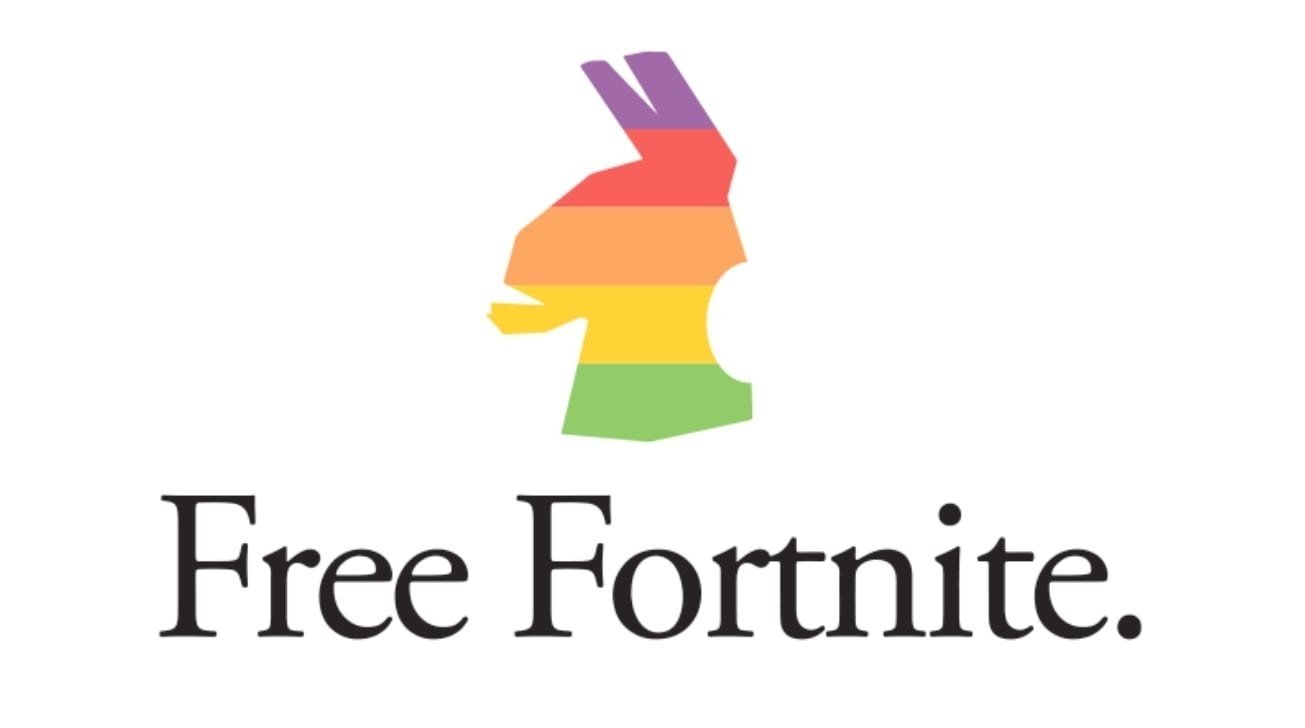In opening arguments in its case against Apple, Epic Games argues that the Cupertino tech giant has unnecessarily monopolized app distribution and in-app payments on the iOS App Store.
The Apple v. Epic Games trial kicked off on Monday, May 3 with opening arguments from both sides. The case originated from a lawsuit Epic Games levied against Apple for removing "Fortnite" from the App Store. Apple pulled the battle royale game after Epic implemented a direct payment system in violation of its guidelines.
Epic's opening arguments were that Apple has a monopoly on iOS app distribution and payments via the App Store. It added that its lawsuit is meant to change the ecosystem for all developers, since it says the "market will not self-correct."
As part of its argument, Epic's lawyer compared the iOS ecosystem to Apple's macOS. The company argues that Apple deliberately made iOS a walled garden ecosystem, and argues that it could have easily adopted a more open distribution akin to the Mac operating system.
Epic, for example, brings up times when Apple and its employees offered assurance macOS is a "stable, secure platform for apps." Ron Okamoto, vice president of Developer Relations is quoted as saying he hadn't heard anyone at Apple call macOS a less secure platform than iOS.
Profits, IAP, and 30%
Another key facet of Epic's argument concerns Apple's App Store profits. More specifically, Epic contends that Apple doesn't require such high commissions on app or in-app purchases because Apple's services margins are already massive.
Quizzically, the Epic attorney also likened Apple's App Store to a scenario where if the iPhone was a car, Apple would take 30% of what the driver had to pay for gasoline.
The "Fortnite" maker says that it doesn't need to turn iOS into Android. Instead, it can use the macOS model to provide a stable and secure app distribution platform that is more fair and open.
After framing in-app purchases as being a "must-use" for developers rather than optional because otherwise "no one will ever use it," Epic mentions emails where the 30% fee itself is questioned, and that there was some discussion at one point about reducing it down once the App Store reached and sustained a billion dollars in revenue.
To prove its point on profitability, Epic rolls out its previously-raised claim of the App Store having a near 80% profit margin for Apple.
App Store Review issues
The effectiveness of the App Store Review process is also questioned, with emails pointing out fraudulent and misleading apps are a consistent problem for it, and one that the review process fails to adequately address.
The argument then attacked how Apple is seemingly not completely fair in treating all developers equally. After raising CEO Tim Cook's antitrust hearing testimony stating "we treat every developer the same," an email is brought up advising "Hulu is part of the set of whitelisted developers" with access to a specific API.
Epic followed up with developer surveys and email saying the process is "arbitrary," "unpredictable," and "not consistent" in applying the rules.
Epic also accuses Apple of failing to know how much consumers end up spending on their devices across the device's lifetime.
"Fortnite" and the "Metaverse"
The legal team then contrasts Apple's ecosystem with Epic's own games store, in that it offers a variety of apps, including free content, to its users. While a games store primarily, Epic also distributes non-gaming apps and tools.
"Fortnite" is also raised, not only as a competitive game, but also as a social gathering space and where users can create content.
The "Metaverse" is mentioned as a way for consumers to undertake experiences within the game, such as live concerts or watching movies.
Swicthing, streaming, and closing
Epic then returned to app pricing, with videos of Apple executives being unaware of instances where customers switched from iOS to Android over the cost of an app, or a raised price of an app. The executives also were not aware of any internal study into switchers based on app pricing either.
In an argument targeting streaming gameplay services like Microsoft's Cloud as an alternative to buying games on the App Store, Epic brings up deposition quotes from Eddy Cue about latency. After saying latency is bad for gameplay, Cue confirms there were no internal studies into latency issues for streaming apps or for differences in functionality between streamed and native apps.
Scott Forstall is also referenced as saying native apps provide a better experience than web apps to users, due to using native graphics on a device, using fewer resources, and other advantages.
After using an analogy involving car ownership and paying at gas stations to explain what the case is about, Epic ends its argument by circling back to quotes from Steve Jobs mentioned earlier in the speech, that the App Store's purpose to "add value to the iPhone," and that "We love free apps." This is followed up by another message from Jobs about limiting developer access.
 Mike Peterson
Mike Peterson







-m.jpg)






 Christine McKee
Christine McKee
 Marko Zivkovic
Marko Zivkovic
 Mike Wuerthele
Mike Wuerthele

 Amber Neely
Amber Neely
 Sponsored Content
Sponsored Content
 Wesley Hilliard
Wesley Hilliard










47 Comments
Guess what. Many many many many users will also not use an alternate App Store or non apple in app payments. I wouldn’t. The cache of trust apple has built with users has real value.
If I was Apple, I would not mind spending a few billion to make an example out of greedy Epic @EpicGames .I would just ask Epic in court:”So you want to use our brand & services for essentially free? Do you think we are in communist China?Since Epic is owned by Tencent of China.”